Redefining Forgiveness
by Olivier Clerc, author of Healing the Wounds of the Heart and The Gift of Forgiveness
Looking back on all the years since The Gift of Forgiveness was published, and since I started leading workshops and Forgiveness Circles, I felt the need to share with my readers all the things I have been able to understand and deepen thanks to the rich interactions I’ve had with the people attending my workshops and gatherings. This is why I wrote Healing the Wounds of the Heart.
The subtitle of this new book, 15 Obstacles to Forgiveness and How to Overcome Them, refers to the most recurrent question I’ve been asked in lectures and workshops. For many of us, this is the big question about forgiveness. Forgiving the little or big wounds we may have undergone in our childhood, in our relationships, at work, or elsewhere seems plausible. Many people say: “OK, but can Hitler or Bin Laden, a rapist or a pedophile, a murderer or a psychopath be forgiven?”
To give an adequate answer to this question, I thought it was first necessary to redefine what lies behind the word “forgiving.” Just like other notions, forgiveness has very different meanings for each one of us. For example, what do you think of first when you hear this word?
For some, it recalls being obliged to “say sorry” either at home or at school for having treated someone else badly. We often experienced forgiveness as humiliating because it was forced upon us with authority, so it was seldom genuine. There must be good intentions underlying this educational reflex, but they do not really reach their goal, and those who have suffered from it may have been marked by a very basic – to say the least – understanding of forgiveness. For others, forgiveness plays an important part, especially in the Christian tradition I was raised in. It evokes reciting the Our Father prayer (“forgive us our trespasses as we forgive those who trespass against us”) or the practice of confession, with the hope of being forgiven for our sins, real ones . . . or ones invented for the occasion.
These practices, whether performed mechanically or as the result of a deliberate and thoroughly reflected approach, may imprint us all in very different ways. Some of us may remember something artificial and somewhat useless, while for others it may have become a genuine and beneficial spiritual practice. As far as I am concerned, I had to wait until I was almost forty for this foundational experience in Mexico, with don Miguel Ruiz, to start a deep reflection on what forgiveness really meant for me.
In fact, I had never really much wondered about what forgiving or asking for forgiveness actually meant. Theoretically, it was obvious. You make a mistake, or you misbehave towards someone? Then you ask for their forgiveness. Conversely: you have yourself been the victim of the misdeeds of someone? You do your best to forgive them. OK.
And how does this work?
In practice, it turns out to be much more complicated in both cases. Even when you acknowledge having done wrong, it’s not easy to ask for forgiveness: you either feel like you are giving the other some power over you, or as if you were vulnerable or even in danger. And when you’re the one who has suffered, granting forgiveness may turn out to be very difficult despite all your great intentions, even if you consider it to be the right thing to do, or that you should do it.
Why? Why is forgiveness often a very complicated thing for most of us, especially as we are reminded of it every day in the news of the world?
It’s maybe, precisely, because we do not have a clear idea of what forgiveness really means. Having a vague and approximate understanding of it may result in implementing the practice of forgiveness in a hazardous or tedious way. In fact, we do not really understand how it expresses itself within us. So, it remains relatively mysterious, and does not seem to depend on our will. That’s undoubtedly the reason why many believers are convinced that forgiveness depends on God’s will, that it falls within the sole province of divine mercy. It is, admittedly, a respectable option, though difficult to understand, and especially difficult to implement for non-believers.
In Healing the Wounds of the Heart, I start by redefining what forgiveness is on the basis of concrete experiences: first my humble experiences, of course, but especially those of the numerous people who have attended my workshops and Forgiveness Circles, the various contributors to the Forgiveness Days, and the witnesses of forgiveness who shared their experience with us.
Then, to better work out what forgiveness really is so we can truly heal the wounds of the heart, we’ll approach the many confusions, misunderstandings, and simplifications it has undergone. We’ll look at how many of us see forgiveness to begin with, based on what we hear about it, around us. We’ll also explore the unconscious mechanisms, automatic reflexes of the heart and the mind, that make us react to the wounds and violent deeds undergone in a way that may hinder forgiveness rather than encourage it. By revealing them, we’ll be able to consciously adopt other attitudes and other ways of being, and be much more successful in implementing forgiveness in our lives.
Throughout the discussions of the fifteen major hindrances to forgiveness I’ve interspersed stories and first-hand accounts as well as various tools for forgiveness. Throughout the book, you will find:
Great Stories of Forgiveness. These very moving stories are all genuine ones. You will discover how people like you and me, brutally confronted with the unspeakable, managed to find their path to forgiveness and peace of heart. Their stories are highly inspiring.
Testimonies of Forgiveness. For me it’s useful to share some of the many testimonies I have received throughout the years of people who were able to make their way towards forgiveness in the workshops and Forgiveness Circles I lead. The examples of others are always a source of inspiration and encouragement for oneself.
Four Approaches to Forgiveness. I’ve chosen to introduce you to four practical methods of forgiveness that I’ve had the opportunity to experiment with myself: Ho’oponopono, Colin Tipping’s Radical Forgiveness, Nine Steps to Forgive for Good by Dr Fred Luskin, and the Gift of Forgiveness I received from Don Miguel Ruiz.
Redefining forgiveness as it is suggested here, and pointing out the obstacles to overcome along the way, along with these first-hand testimonies, should shed new light on the main question always asked about forgiveness – Can everything be forgiven? – and should therefore lead to a much richer and more relevant answer than a mere “yes” or “no”. As Jewish wisdom has it, “With two solutions to choose from, let’s choose the third!”
From the bottom of my heart, I wish you a gentle path towards forgiveness.
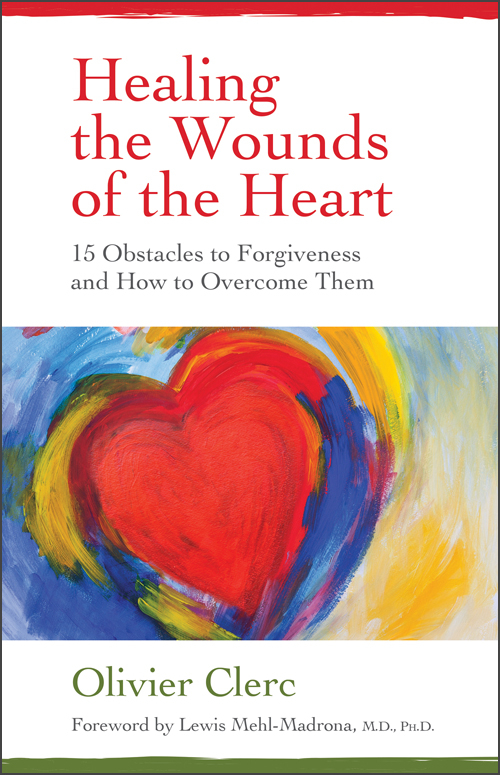 |
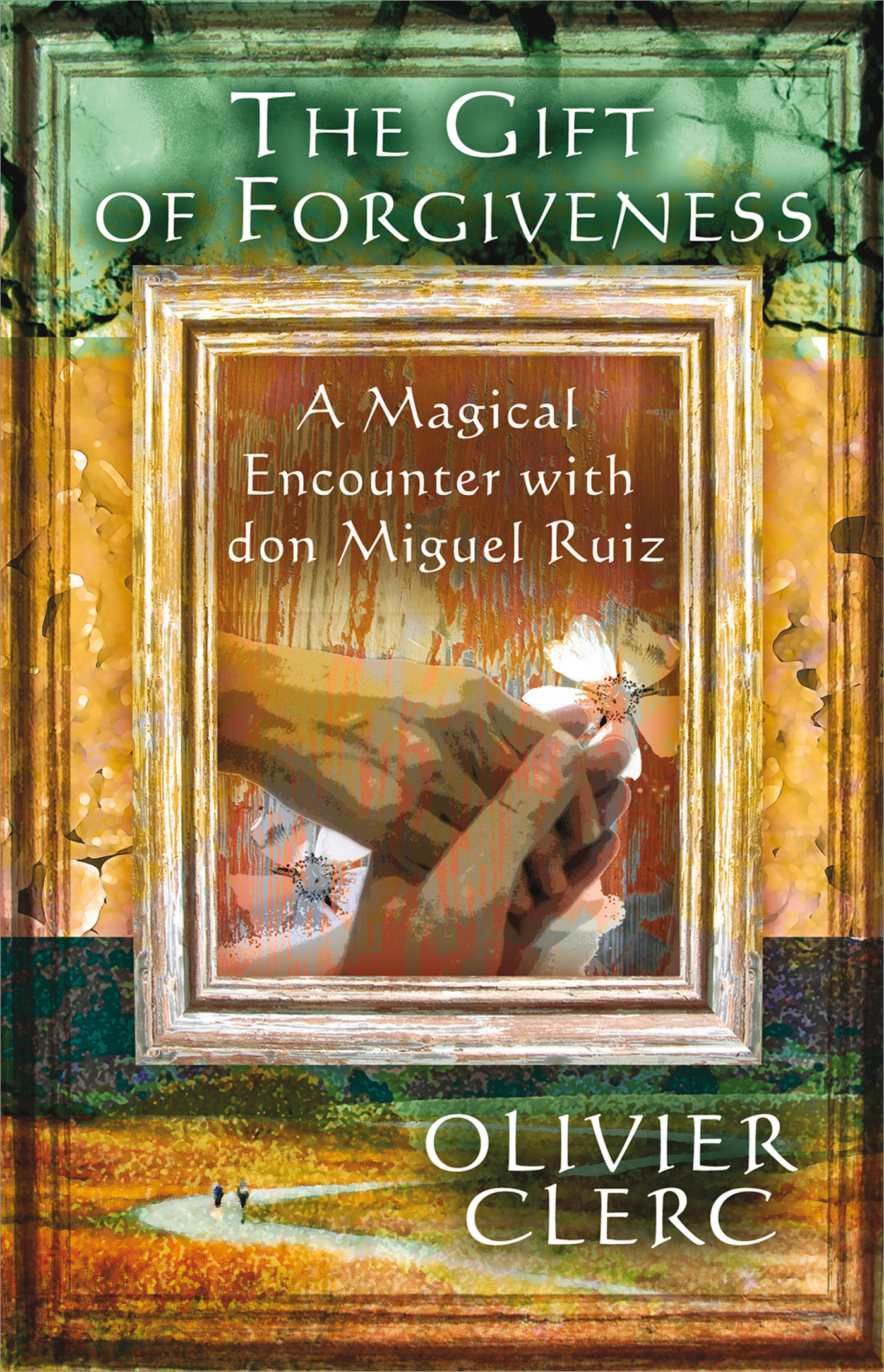 |
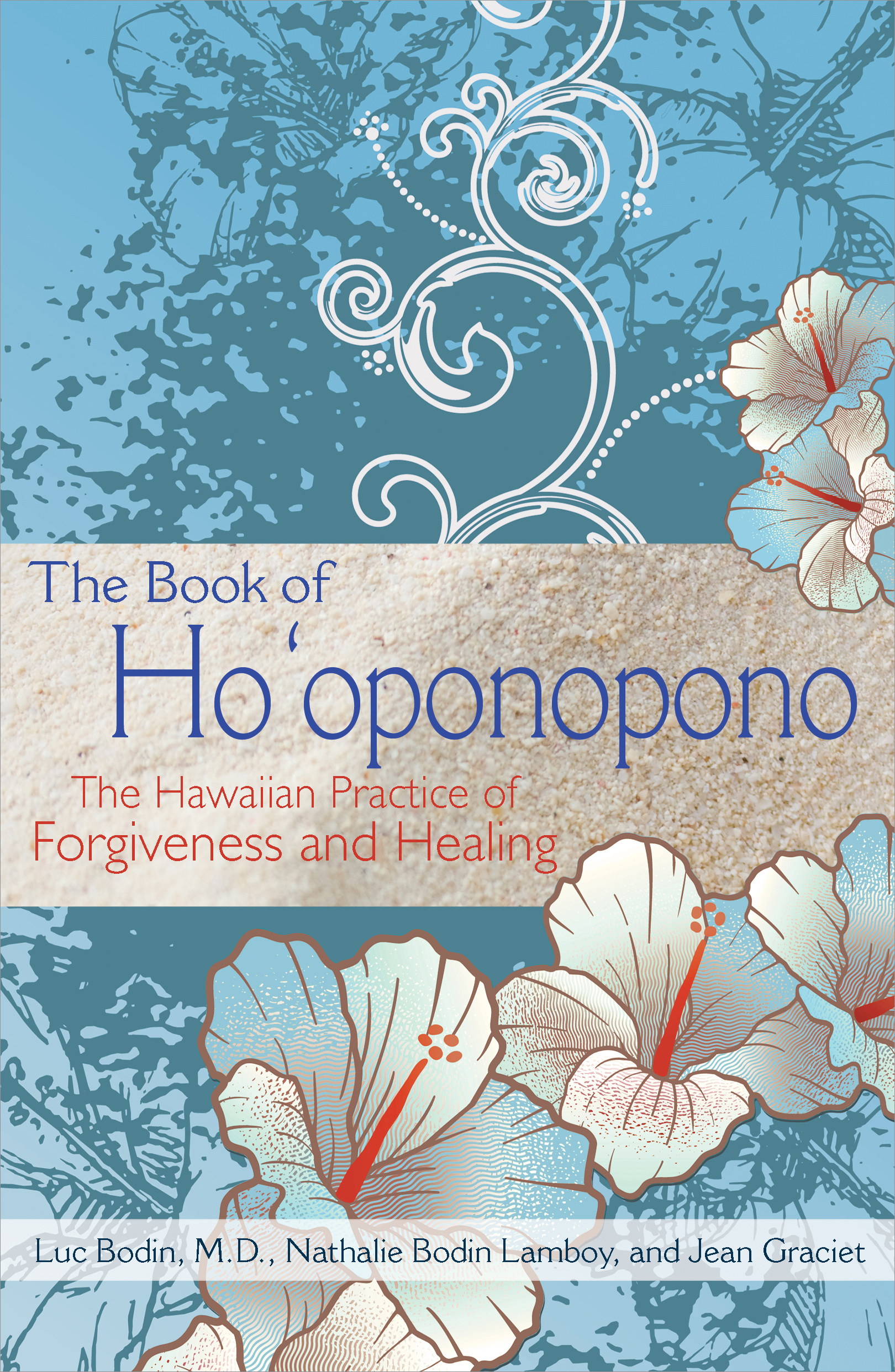 |
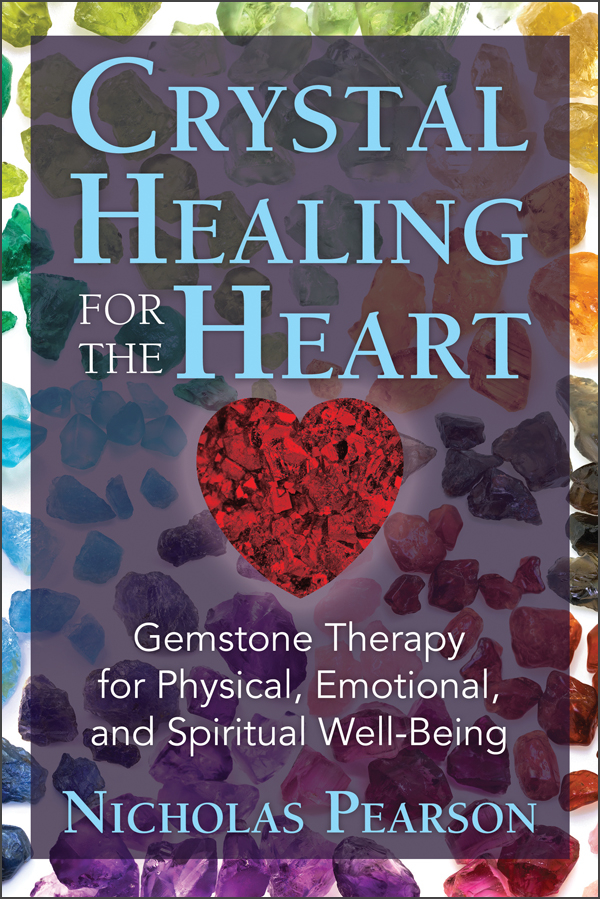 |
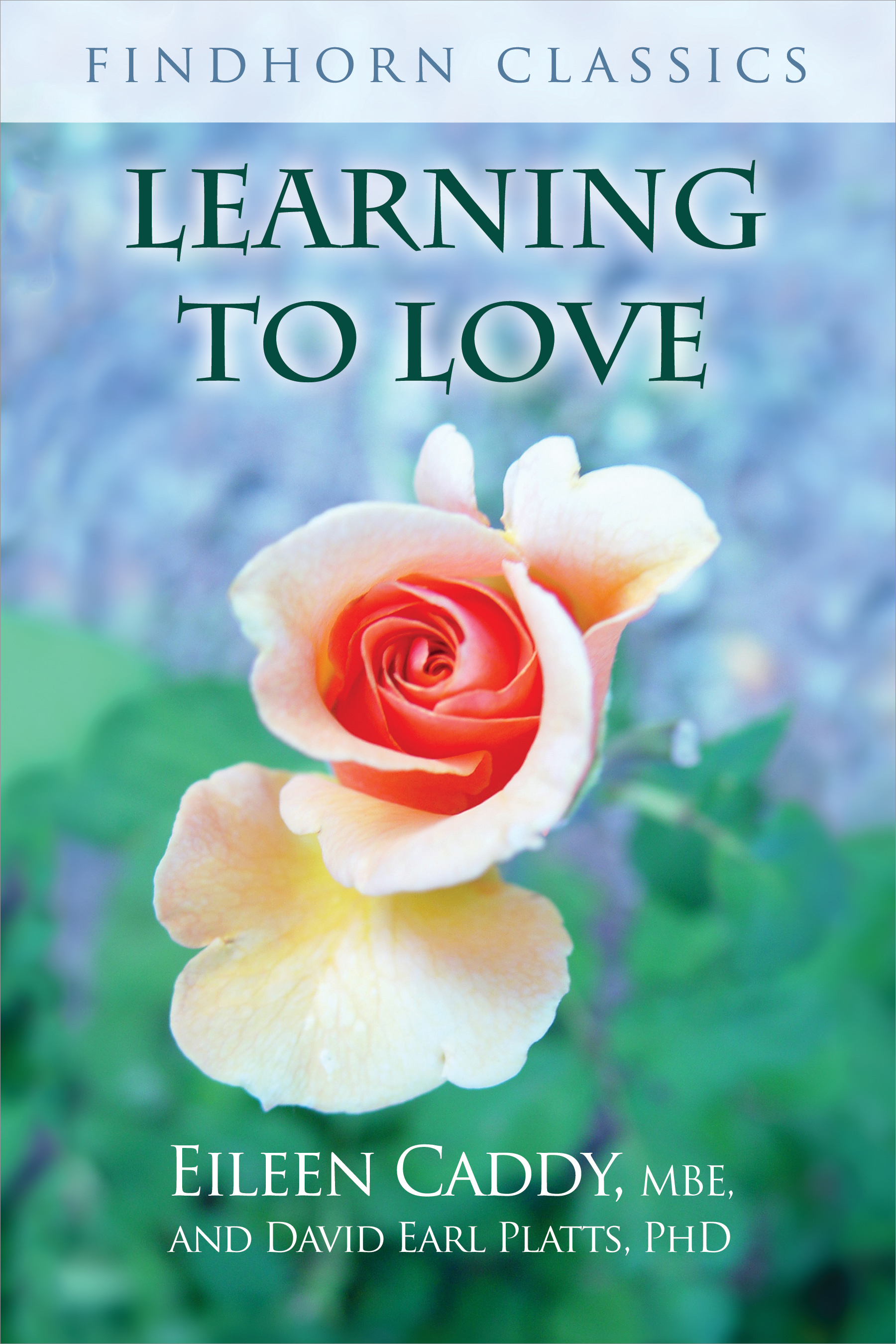 |



